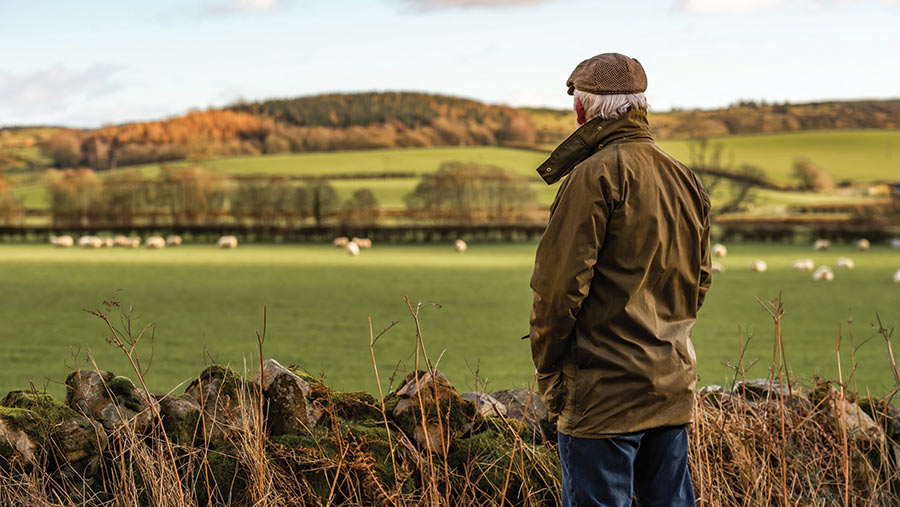Business Clinic: Who owns the land in a two-generation partnership?
 © John F Scott/iStockphoto
© John F Scott/iStockphoto Whether it’s a legal, tax, insurance, management or land issue, Farmers Weekly’s Business Clinic experts can help.
Here, Russell Reeves, partner and head of agricultural litigation at law firm Thrings, advises on partnership agreements and land ownership between younger and older generations.
See also: Business Clinic: what can I do about flooding after neighbour’s building work?
Q: My husband is a partner in a family farm partnership with his two siblings, our son and his cousin.
All the farm assets apart from a recent land purchase belong to the three older partners. A more recent land acquisition belongs to all five partners.
The younger generation were brought into the partnership to facilitate a loan for the recent land purchase, as the older partners are all over 70.
Does this cause a problem for the family going forward? Should the new land be isolated from the older assets?
We would also welcome any further advice or comment on our arrangements.
A: It’s sensible you’re asking this question because regrettably many farming families don’t pay enough attention to who owns the farming assets.
That tends to lead to problems down the line, typically when one partner dies or wishes to retire.
That can be many years after land is purchased when it can then be quite difficult to work out who owns the assets and what can be done with them.
All too often this leads to disputes and ill-feeling between family members, which could and should have been avoided.
You don’t say whether there is a written partnership agreement.
That is key. If there is no written agreement then the Partnership Act 1890 might apply, which incorporates terms into the partnership that the partners may not want.
If there is no written partnership agreement I strongly recommend that you ask a specialist solicitor to prepare one.
It should cover important issues such as what percentage share each partner holds in the partnership; how the partners wish to divide any profits and, specifically for your family’s situation, the distinction between the older land and the newer land.
New land, old land
When you ask whether the new land should be isolated from the older assets I assume you mean should it be treated differently to the older assets?
The answer is that it depends on what the partners have agreed.
If, for example, the intention is for the new land to be owned in different proportions to the ownership of the old land, or by different people, then it is important that whatever has been agreed is clearly set out, preferably in a partnership agreement.
It helps if members of the younger generation have a clear understanding of what their future holds, including when they will become a partner (if so) and what that means in terms of ownership and financial benefit.
At the same time the older generation are sometimes reluctant to hand over the reins too early, especially if they were not afforded that responsibility by their parents or there are concerns over a child’s potential divorce.
The worst thing to do however is not to talk about it.
That can lead to disputes, especially if a son or daughter claims they were promised the farm, which is why they worked on it for many years.
Transparency and a well-drafted partnership agreement may help to avoid disputes.
A partnership agreement should set out the rights and responsibilities of all the partners and set out who owns what so that there are no misunderstandings.
It should also clearly set out what happens when a partner dies or wishes to retire including how much notice of retirement a partner needs to give, whether their share can be purchased by the remaining partners and if so, how that share should be valued.
Review existing partnership agreement
Even if your family already has a written partnership (and they may do because often the banks insist upon one when lending) it may be time to review it and check whether the terms continue to reflect what the partners have agreed.
Alongside this, each partner should make a will to deal with their assets when they die and a lasting power of attorney which would appoint someone they trust to deal with their assets in case they lose mental capacity.
That applies to all the partners, not just those over 70, because anyone can fall ill or suffer injury and there is a poor health and safety record in farming.
Do you have a question for the panel?
Outline your legal, tax, finance, insurance or farm management question in no more than 350 words and Farmers Weekly will put it to a member of the panel. Please give as much information as possible.
Email your question to FW-Businessclinic@markallengroup.com using the subject line “Business Clinic”.
